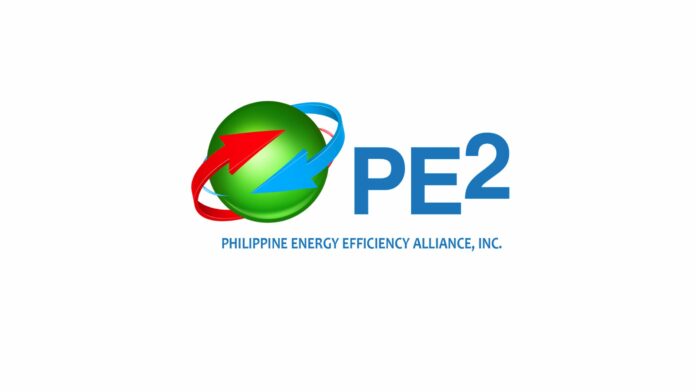Recognition by Filipinos on the importance of energy efficiency (EE) has widened through the years to include not only the commercial and industrial equipment users but more recently the transport establishments as well.
The Philippine Energy Efficiency Alliance (PE2) said the Energy Efficiency and Conservation (EEC) Act will continue to drive incremental volumes of energy efficiency investments in the next five to ten years.
Alexander Ablaza, PE2 president, particularly said that aside from the commercial and industrial sector, transport establishments are also catching up with significant investments in energy efficient equipment.
This developed after the Department of Energy (DOE) said that energy efficiency investments by power-intensive industries reached P6.8 billion, based on the Annual Energy Efficiency and Conservation and Annual Energy Consumption Reports submitted by designated establishments (DEs) for compliance period 2021 to 2022.
DEs are private entities in the commercial, industrial, transport, power, agriculture, public works and other sectors identified by the DOE as energy-intensive industries based on their annual consumption.
Type 1 DEs have an annual energy consumption of 500,000 kilowatt-hours (kWh) to 4,000,000 kWh while type 2 DEs have an annual energy consumption of more than 4,000,000 kWh.
Type 1 Des reported investing around P360 million during the period while Type 2 Des posted an aggregate P6.1 billion.
A total of 4,782 DEs with an annual energy consumption of more than 100,000 kWh reported investing around P306 million.
Ablaza said the drivers for even more EE investments in the future include the availability of “innovative financing such as energy service company (ESCO) performance contracts” to generate a new pipeline that cannot be supported by end-users’ capital resources alone.
He also said mandatory energy audits will identify new EE projects down the line.
The DOE previously said energy efficiency investments include projects that use energy-efficient technologies and practices that include new installations, upgrading or retrofitting specific equipment or devices such as lighting retrofits, automated lighting control or smart control systems, heating, ventilation and air-conditioning upgrades, boiler replacements and similar devices or equipment.
DEs are mandated to integrate energy management policies into their business operations geared toward businesses committed to disclosing and reducing their emissions and dedicated to developing a policy to make their operations more energy efficient.
DEs are also mandated to set up programs that promote energy efficiency, conservation and sufficiency, including the installation of renewable energy technologies and the conduct of an energy audit by engaging a certified energy auditor once every three years separate from the submission of energy consumption reports to the DOE.







